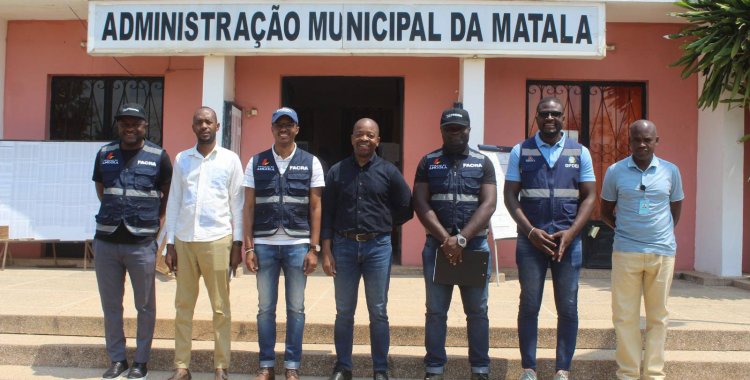This recovery, according to a statement from the Matala municipal administration to which VerAngola had access, aims to "contribute to the program of diversification of the national economy, promotion of employability and improvement of the living conditions of families".
Mário Augusto, administrator of FACRA – who last week worked in Matala, with a view to assessing administrative aspects, as well as guiding the company in "fulfilling the recommended assumptions, before submitting the financing application process" –, expressed satisfaction with the level of organization and production of Nova Cimor.
Quoted in the note, the administrator of FACRA said that with the financing the factory can "contribute to the process of economic diversification, to the generation of qualified employment, the increase in national production, competitiveness and dissemination of good management practices, aiming to reinforce the incentive to entrepreneurship in a sustainable way".
In turn, Manuel Machado Quilende, municipal administrator of Matala, highlighted the importance of recovering the animal feed production line, having guaranteed "to continue working with FACRA, in the creation of a more robust business sector in order to catalyse national production in the most varied sectors of the real economy".
Nova Cimor, "under private management since 2000, has existed since the 1960s, and received a financial injection from the State in 1999, and has always been the only large mill in the region dedicated to the processing and transformation of corn into various derivatives", the statement also states.
According to Angop, the factory unit is capable of producing 100 tons of cornmeal per day, having received, in 2021, financing worth one billion kwanzas from the Support Program for Production, Diversification of Exports and Substitution of Imports (Prodesi), through a credit line from the BDA, which made it possible to replace the equipment after it had been out of operation since 2017.







